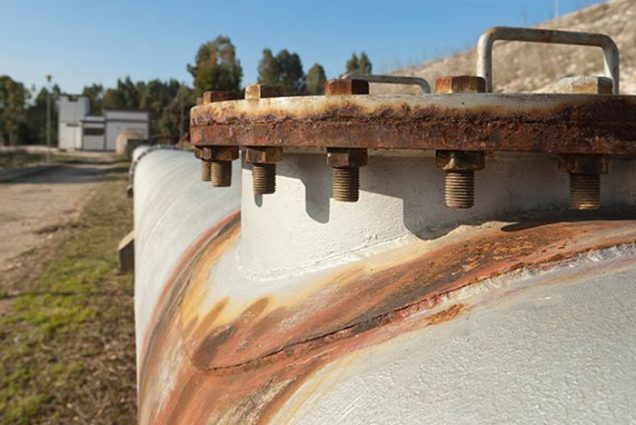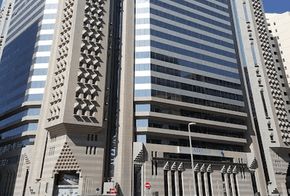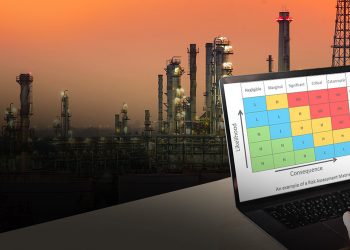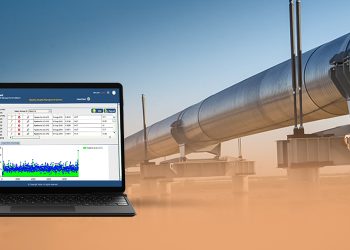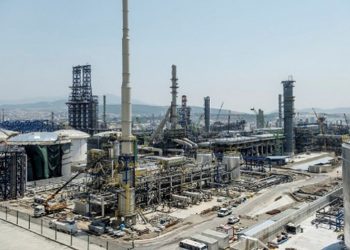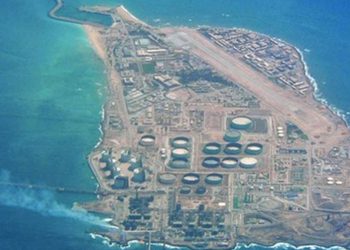Corrosion Risk Assessment Study (CRAS)
Corrosion Risk Assessment Study (CRAS) is carried out to identify the damage mechanisms, assessing the likelihood, consequence and overall risk. CRAS acts as a verification of material selection and proposed corrosion control measure. The resulting risk is the basis for the development and update of mitigation measures, online monitoring schemes.
Led by industry experts, including senior consultants and engineers, Velosi employs a comprehensive and structured approach – in line with industry guidelines like API 580, 581 & API 571 and NACE Standards like NACE MR0175, NACE RP-0472 – to identify the potential damage mechanisms that may exist for process equipment components and piping items by evaluating their current operating conditions in terms of the probability and the consequence of failure, providing our clients with a unique view of the condition of each asset.
